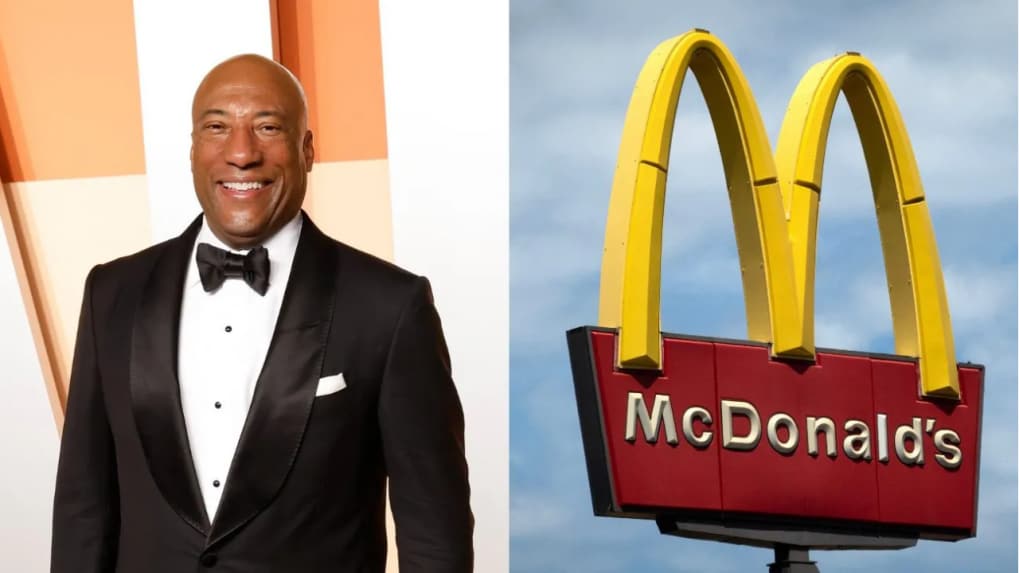Byron Allen & McDonald’s reach settlement in $10 billion racial discrimination lawsuit
The lawsuit, filed in 2021 by Allen’s Entertainment Studios and Weather Group, accused the fast food giant of discriminatory advertising practices.
ADVERTISEMENT
Media mogul Byron Allen has settled his $10 billion racial discrimination lawsuit against McDonald’s, just weeks before the case was scheduled to go to trial in a federal court in Los Angeles.
The lawsuit, filed in 2021 by Allen’s Entertainment Studios and Weather Group, accused the fast food giant of discriminatory advertising practices. Allen claimed McDonald’s relegated Black-owned media outlets to a smaller, less lucrative “African American tier” advertising budget rather than allocating general market ad spend, thereby limiting access and equity in commercial partnerships.
The terms of the settlement remain confidential, but both parties issued statements confirming they have resolved their differences and plan to continue a business relationship.
“We are pleased that Mr. Allen has come to appreciate McDonald’s unwavering commitment to inclusion,” said McDonald’s USA in a joint statement, adding that the company looks forward to working with Allen under a “mutually beneficial commercial arrangement.”
Allen, in turn, acknowledged McDonald’s ongoing efforts. “During the course of this litigation, many of our preconceptions have been clarified, and we acknowledge McDonald’s commitment to investing in Black-owned media properties and increasing access to opportunity,” he said.
While it is not clear whether the resolution includes changes to McDonald’s broader advertising practices, the agreement ends what had become a closely watched legal battle in media and corporate diversity circles.
Allen, who built his company from a single talk show into a sprawling media empire—including the Weather Channel, The Grio, HBCU Go, and a portfolio of TV stations—has been at the forefront of holding major corporations accountable for equitable media spend. He previously reached settlements with Comcast, Charter Communications, and DirecTV following similar lawsuits over racial discrimination and distribution access.
Earlier this month, Allen retained investment bank Moelis & Co. to explore a potential sale of his 28 local TV stations across the U.S., signaling a strategic shift in his media holdings.

